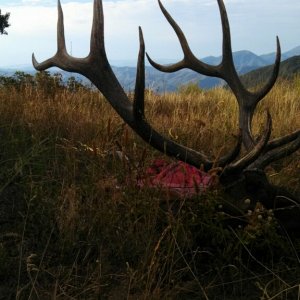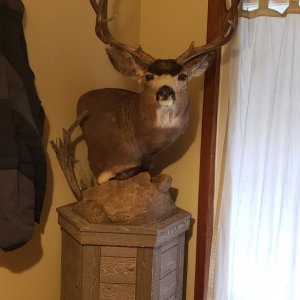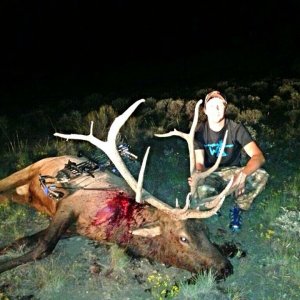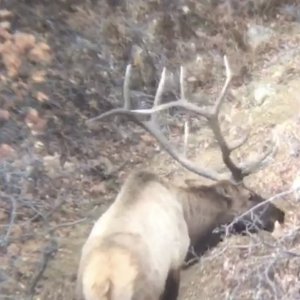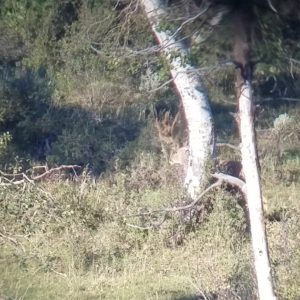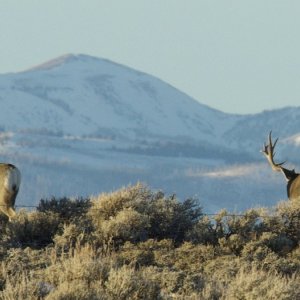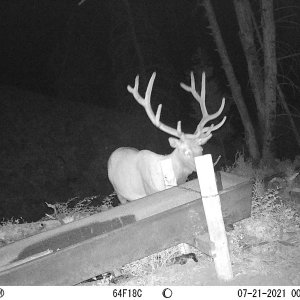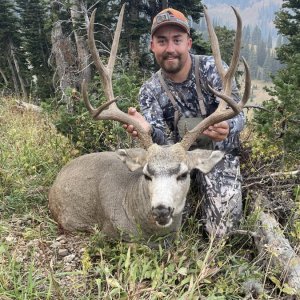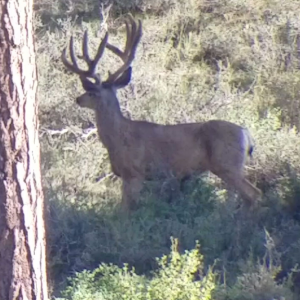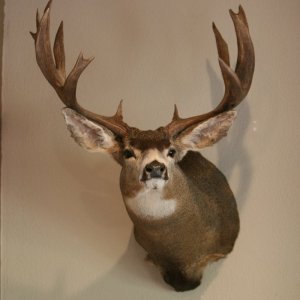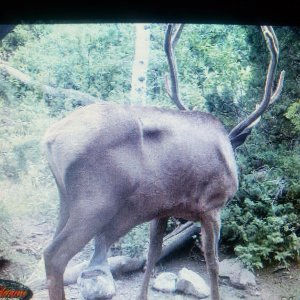M
misner5
Guest
Bottom line...in the end, either wolves go or hunters go, I vote wolves. My money's going to this org. Check the link for their home page.
Anti-wolf group gears up for legal attack Aug. 11 Associated Press
BOISE, Idaho ? The Idaho Anti-Wolf Coalition - formerly known as the Central-Idaho Anti-Wolf Coalition - is trying to raise money to file a class-action lawsuit asking the federal government be ordered to eliminate wolves from Idaho.
Coalition founder Ron Gillett of Stanley told a news conference Sunday said that increasing wolf populations across the state are putting stress on wildlife, outfitters and ranchers.
"I am afraid we are about to experience the biggest wildlife disaster in Idaho's history," Gillett said. "Something must be done immediately, because the Canadian gray wolf population has exploded to the point of decimating Idaho's big game herds."
Coalition member Bill Campbell of Nampa said many outfitters and hunting guides are having a hard time with game shortages.
"That's what brought this whole thing together," said Campbell. "There are outfitters who are literally going out of business because hunters come in from all over to hunt big game and don't see anything. Then they never come back."
The lawsuit is meant to force federal officials to dispose of the animals through any means necessary.
"There's just no way that you can trap all those wolves. You can trap some, and that would be the humane thing to do. But the fact is they're a predator and you've got to deal with them one way or another," said Nampa rancher and coalition member Bill Campbell.
Organizations in Montana and Wyoming share that sentiment and the coalition hopes they will join in the lawsuit, said Campbell.
The Idaho group is gathering funds and plans to hold a dinner and auction Aug. 22 in Nampa. The coalition hopes to raise about $100,000 for its legal efforts by spring.
The coalition has not yet decided whether it will seek damages in the suit, but Gillett said it is a possibility that they will ask that the federal government and some environmental groups pay an unspecified amount for each wolf-killed elk.
The latest estimates of Idaho's wolf population place it around 284 and composed of about 19 packs. The numbers come from the 2002 gray wolf status report produced by the Nez Perce Tribe. Gillett's coalition estimates the population has reached between 700 and 1,000 animals.
Anti-wolf group gears up for legal attack Aug. 11 Associated Press
BOISE, Idaho ? The Idaho Anti-Wolf Coalition - formerly known as the Central-Idaho Anti-Wolf Coalition - is trying to raise money to file a class-action lawsuit asking the federal government be ordered to eliminate wolves from Idaho.
Coalition founder Ron Gillett of Stanley told a news conference Sunday said that increasing wolf populations across the state are putting stress on wildlife, outfitters and ranchers.
"I am afraid we are about to experience the biggest wildlife disaster in Idaho's history," Gillett said. "Something must be done immediately, because the Canadian gray wolf population has exploded to the point of decimating Idaho's big game herds."
Coalition member Bill Campbell of Nampa said many outfitters and hunting guides are having a hard time with game shortages.
"That's what brought this whole thing together," said Campbell. "There are outfitters who are literally going out of business because hunters come in from all over to hunt big game and don't see anything. Then they never come back."
The lawsuit is meant to force federal officials to dispose of the animals through any means necessary.
"There's just no way that you can trap all those wolves. You can trap some, and that would be the humane thing to do. But the fact is they're a predator and you've got to deal with them one way or another," said Nampa rancher and coalition member Bill Campbell.
Organizations in Montana and Wyoming share that sentiment and the coalition hopes they will join in the lawsuit, said Campbell.
The Idaho group is gathering funds and plans to hold a dinner and auction Aug. 22 in Nampa. The coalition hopes to raise about $100,000 for its legal efforts by spring.
The coalition has not yet decided whether it will seek damages in the suit, but Gillett said it is a possibility that they will ask that the federal government and some environmental groups pay an unspecified amount for each wolf-killed elk.
The latest estimates of Idaho's wolf population place it around 284 and composed of about 19 packs. The numbers come from the 2002 gray wolf status report produced by the Nez Perce Tribe. Gillett's coalition estimates the population has reached between 700 and 1,000 animals.

